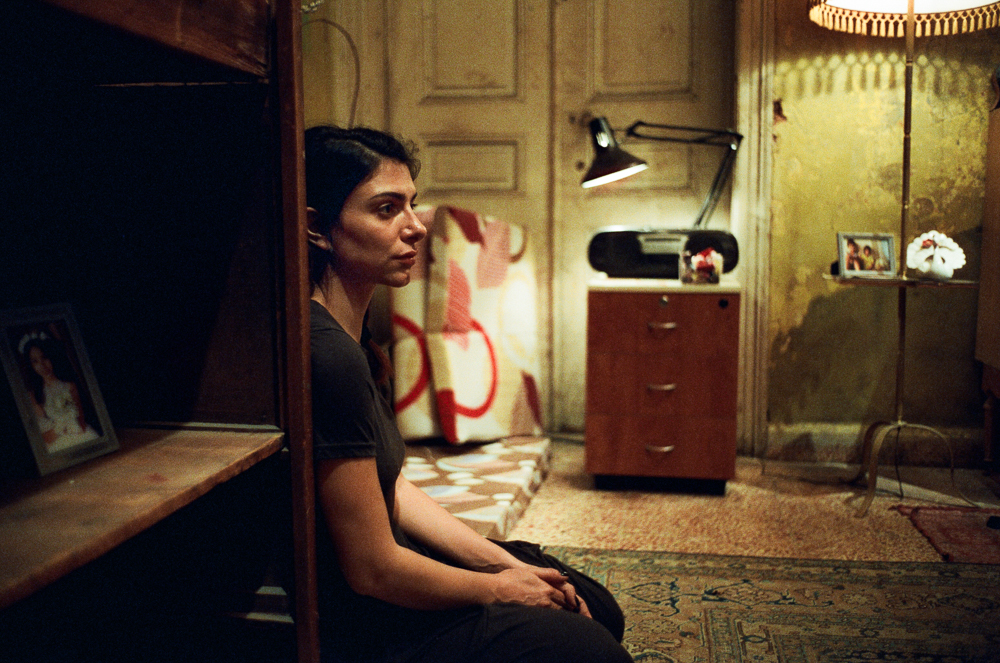

An interactive Storytelling App for ICRC. Available for iOS and Android.
The International Committee of the Red Cross (ICRC) wanted to see how effective using virtual reality can be to build empathy for people living in warzones, and to get greater support for the work they are doing to help them.
With funding from the Google Daydream Impact, they worked with the creative agency Don’t Panic London, and the production companies Visualise and Stoked to produce a short impactful VR film about urban conflict. The story centred on a Syrian family who come under attack in their home, and was based on the realities that ICRC colleagues witness.
The film was shown to around 1000 people in public spaces around the world ranging from film festivals, high profile events, such as the WEF at Davos, train stations, schools, universities and shopping malls. People who watched the film were invited to complete a before and after viewing questionnaire, to measure behavior change. We collected nearly 600 questionnaires. The results were very interesting: in answer to the question “how concerned are you about people in warzones, on a scale of 1-10” there was a marked shift. Before watching the film 29% scored this question 10 i.e. were very concerned, and after watching the film this rose to 49%. Similarly when asked “has the film made you more sympathetic to the plight of people fleeing war”, of those who answered, 460 people said yes, and only 47 people said no. People were also asked about their likelihood to take action in some way (this could be finding out more about the situation in Syria, or supporting charities that can help for example), and over 50% reported that they were likely or very likely to do so. A full report is being produced and will be available by the end of May 2019, but we believe these top line findings indicate that VR can be used to build empathy, and help the ICRC get greater support for the people they are trying to help. The film has also been used at military academies and has been a useful tool to start conversations around International Humanitarian Law (“the rules of war”), and has been used by colleagues in fundraising at high profile donor events to show our work in an impactful and original way. The media coverage has been good including features on BBC World Radio and Austrian national TV, as well as specialist tech blogs such as VR Scout.
Full Article here